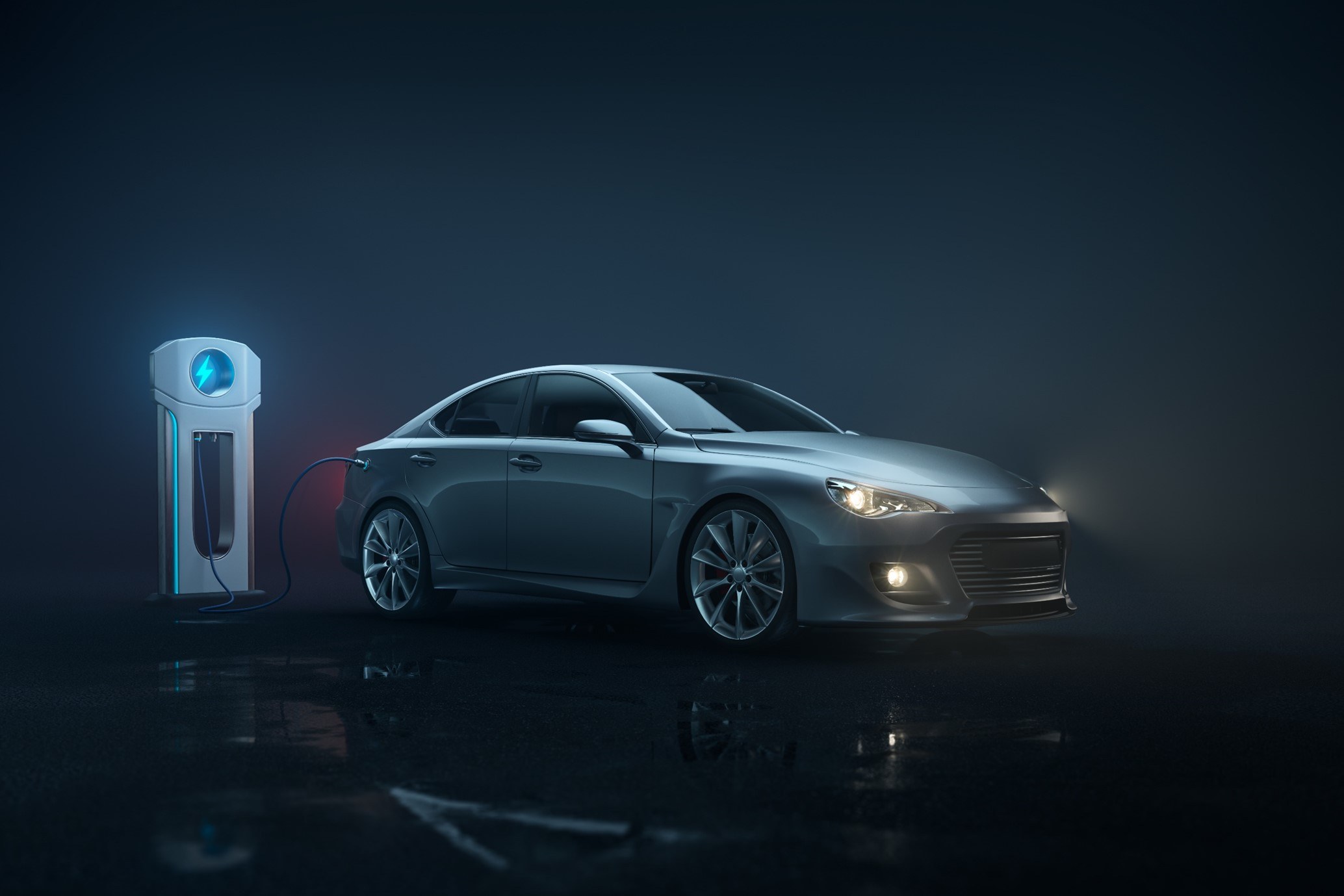Best of Johannesburg
Can You Trust That Car Review? How to Tell If It’s Sponsored in South Africa 2025

When a “review” might actually be an advertisement
Walking into a car dealership in Johannesburg or flipping through an online review may feel like you’re getting an honest expert opinion. But behind many local car reviews in 2025, there may be a different story: marketing disguised as editorial. In South Africa, the volume of online car content is soaring, thanks to the fact that 63% of car buyers research brands via social media and 92% go online before they visit a showroom.
This digital shift means automotive companies and dealerships are increasingly partnering with media outlets, reviewers, and influencers to reach buyers. Because of those partnerships hidden behind the glossy copy, you may find “reviews” that read more like sales pitches than neutral analyses.
Why the SA car-review ecosystem is fertile ground for paid content
It is widely reported that in South Africa, sponsored articles are among the most trusted forms of online advertising: over 80% of respondents in marketing research said they rely on online articles and reviews for purchase decisions, and about 75% of those said they trust such content more than other channels. That makes a car-review site prime real estate for a manufacturer or dealer wanting to influence buyers.
Add to that an industry where reviews often come bundled with perks such as test drives, launch events, or vehicles entrusted by brands for subtle promotion. The result: content may not always be purely independent.
How you can spot when a car review might be paid content
If you’re reading a local car review and wondering whether it’s truly objective, here are five practical red flags to look out for:
1. Disclosure or absence thereof
A genuinely independent review will include explicit wording like “sponsored content,” “in partnership with,” “advertisement,” or “the manufacturer provided this vehicle for review.” If none of that appears, but the tone is unmistakably promotional, treat it with caution.
2. Over-enthusiastic tone, no downsides
It’s rare for any vehicle to be flawless in real-world use. If the review gushes without mentioning any small niggles such as running costs, ride comfort, resale value, or service network, it may be leaning toward content that’s been paid for.
3. Lifestyle focus over comparison and context
Sponsored reviews often emphasise how the car makes you feel, where you could drive it, and what image you’d project. Less attention is paid to how it stacks up against rivals, long-term reliability, or actual ownership costs.
4. Monetisation signals built in
A website that heavily features affiliate links to dealers, pushes for add-on services (like extended warranties or GAP insurance), or invites you to “book a test drive” via a promoted partner may be operating with commercial incentives. While monetised sites aren’t automatically untrustworthy, they require more scrutiny.
5. Weak editorial independence or transparency
If the site has only minimal contact information, poor grammar, low-quality images, or no clear editorial team or policy, ask yourself whether the review is standard journalism or sales copy dressed up as journalism.
The fresh angle: what this means for South African buyers right now
For buyers in Johannesburg, Durban, Cape Town, or anywhere in South Africa, it’s more important than ever to approach car reviews with a critical eye. With younger consumers (particularly Gen Z) doing more of their vehicle research online, often via social feeds and influencer posts, the door is open for subtle marketing to shape opinions and funnel lead data to dealerships.
In effect, you may be reading a “review” that is also a lead generator. The good news: being alert gives you the power to distinguish between genuinely helpful analysis and marketing masquerading as advice.
Best practice for smart reading
When you’re researching a car, cross-check multiple reputable sources; compare independent review sites with the one you’re reading; look for owner forums and social media groups to hear unfiltered feedback; and always ask the hard questions about running costs, service networks, and resale value.
Keep a healthy dose of scepticism and use your gut instinct: if the review feels too polished, too promotional, or too perfect, it probably deserves closer inspection.
Also read: Don’t Be Fooled by Screenshots: How to Spot a Fake ‘Leaked’ Document in South Africa 2025
Follow Joburg ETC on Facebook, Twitter, TikT
For more News in Johannesburg, visit joburgetc.com
Featured Image: Dealerfloor



























